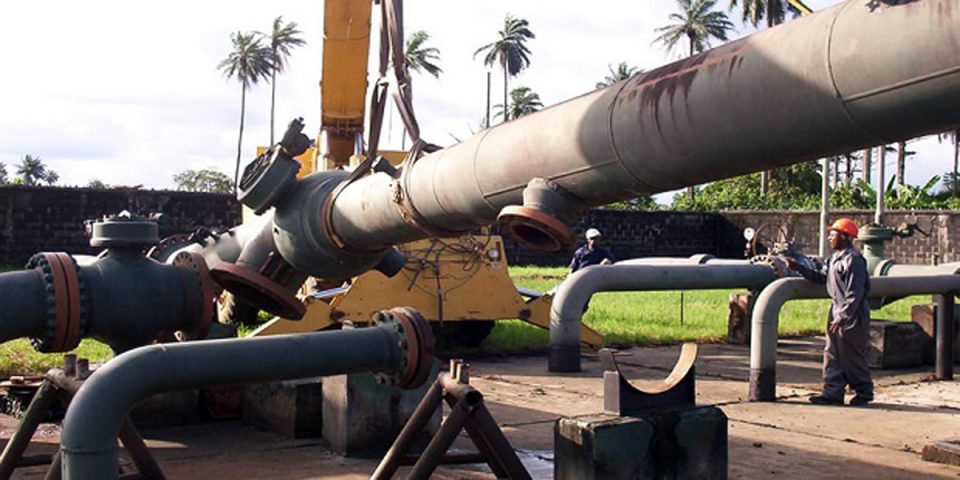Nigeria’s oil production has been held back amid pipeline leaks and sabotage, outages on key oil fields coupled with the restrictions by the Organization of the Petroleum Exporting Countries.
A report by S&P Global Platts said Nigeria’s crude output had been struggling at only two-thirds of its full capacity due to the listed factors.
It said the country’s production averaged around 1.64 million barrels per day so far in 2021, out of a total capacity of 2.2 to 2.3 million bpd of crude and condensate.
The report said, “In the last six months, many of its large oil fields, especially those in the Niger Delta like Forcados, Bonny, Escravos, Brass River and Qua Iboe and some offshore fields like Bonga, Usan, EA, have been pumping much below their normal levels due to either technical or maintenance issues.
“There has also been a rise in leakages at some of the country’s key pipeline networks. Some of these were because of an increase in pipeline sabotage while others are because of the country’s fragile and ageing infrastructure, some of which need urgent rehabilitation work.”
A Ministry of Petroleum Resources official told S&P Global Platts that there were shut-ins by some producers using the Nembe Creek Trunk Line to transport their production to Bonny Terminal in April and May due to a couple of line leakages.
The official was quoted as saying, “Maintenance repairs on the Trans Ramos Pipeline, leading to production shut-ins by producers using this pipeline, also affected Forcados terminal’s production.
There was also maintenance at Bonga, as well as pipeline maintenance and repairs at Escravos, resulting in underperformance.”
Qua Iboe output was said to have taken a hit in December due to an issue at its terminal, which led to a one-month halt in its crude loadings, while the EA oil field was undergoing maintenance work at its offshore terminal.
According to the latest OPEC+ deal, Nigeria’s July quota would rise to 1.57 million bpd, the report said.
Nigeria’s production growth is also threatened by fiscal stress and the lack of regulatory reforms. The rise of kidnappings and other security threats in the oil-producing southern region are expected to slow down investment.
S&P Global Analytics stated that it had revised down Nigeria’s crude supply forecast for the second half of 2021 by around 130,000 bpd to 1.8 million bpd.
The PUNCH had previously reported that industry stakeholders, especially international oil companies, had been urging the government to pass the Petroleum Industry Bill into law, to send a strong signal to investors of more predictability.
The National Assembly had disclosed that it would pass the PIB before the end of June.




